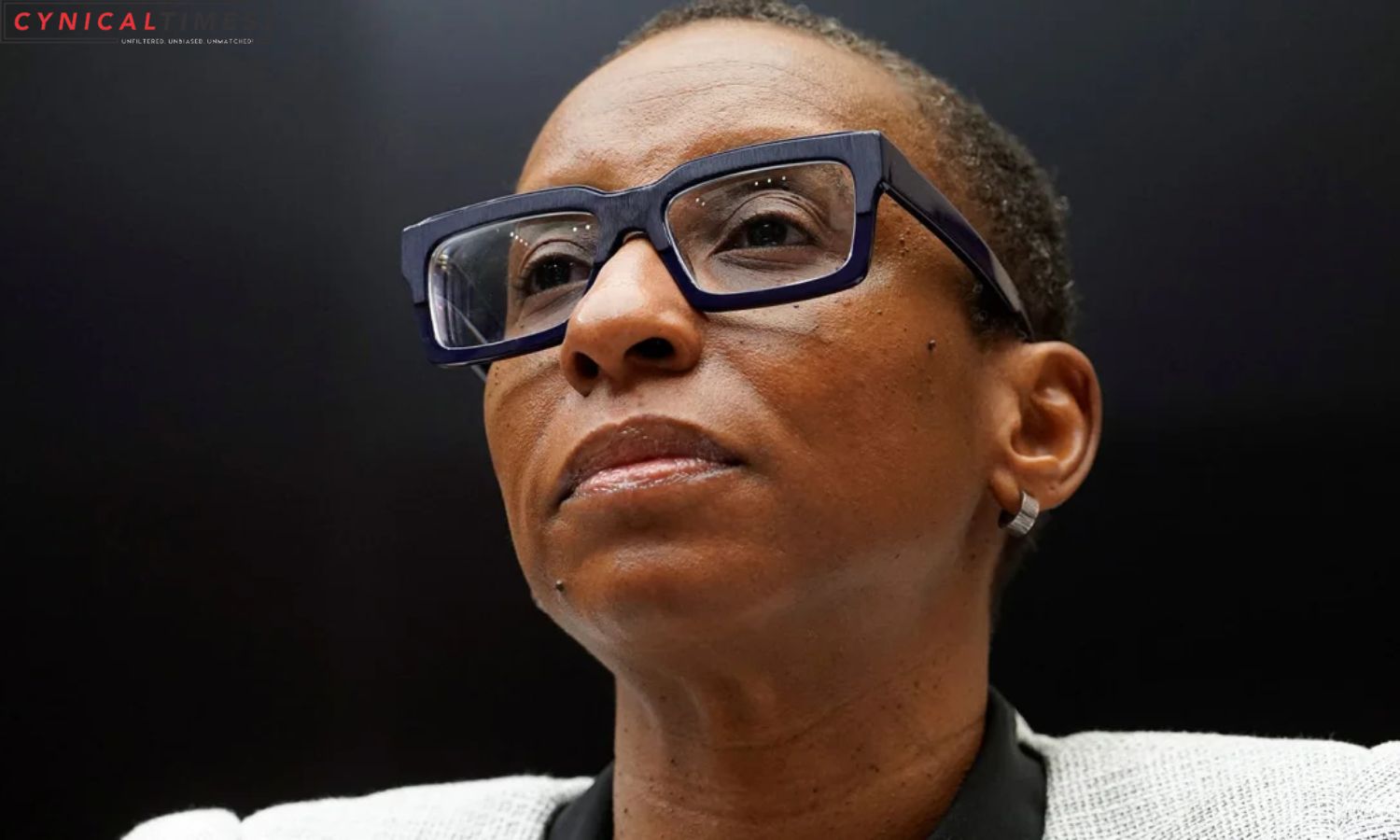Harvard President Addresses Plagiarism: Harvard President Claudine Gay is facing scrutiny and calls for resignation following allegations of plagiarism in two scholarly articles published in 2001 and 2017. The accusations prompted Harvard to initiate an independent review of Gay’s writings. Despite the denial of wrongdoing, the review revealed instances of inadequate citations but found no violation of research misconduct standards.
Gay has taken corrective action by submitting edits to the articles, addressing the omission of citations and quotation marks. The corrections aim to rectify the issues raised during the plagiarism allegations. The controversy gained attention when billionaire Harvard donor Bill Ackman publicly called for Gay’s resignation, citing concerns over the alleged plagiarism.
While the Harvard Corporation confirmed the need for corrections, it emphasized that the review was initiated before Ackman made his claims. The situation has sparked discussions about academic integrity, leadership accountability, and the handling of plagiarism allegations within prestigious institutions. As Gay faces criticism and works to address the identified issues, the incident raises broader questions about the expectations for academic leaders and the consequences of allegations impacting their professional standing.
Also Read: Facebook Executive Pleads Guilty to $4 Million Fraud Scheme: Trust Betrayed
Our Reader’s Queries
What plagiarism Harvard resignation sparks?
The act of plagiarism has been a long-standing issue in academia. However, the recent resignation of Claudine Gay as Harvard University’s president due to plagiarism allegations has reignited the discussion on when copying text should be considered a punishable offense. This has sparked a fresh online debate on the matter.
What happened to the Harvard president?
Harvard’s first Black president, Claudine Gay, has announced her resignation after only a few months in the role. This makes her tenure the shortest in the university’s history. Gay’s background includes a career studying American political behavior and serving in various administrative positions. Her departure comes after months of scrutiny.
What are the consequences of plagiarism at Harvard University?
Plagiarism is a serious offense that goes against the principles of honor and integrity. Violating this rule can result in being asked to withdraw from Harvard College. While there may be a few exceptions to this rule, they are not significant enough to justify dishonest behavior. It is important to always give credit where credit is due and to avoid taking credit for someone else’s work. By doing so, we uphold the values of academic excellence and personal responsibility.
What counts Harvard resignation sparks debate?
Earlier this month, Claudine Gay, the President of Harvard University, resigned amidst allegations of plagiarism. This incident has sparked a heated online debate about academic copying.

